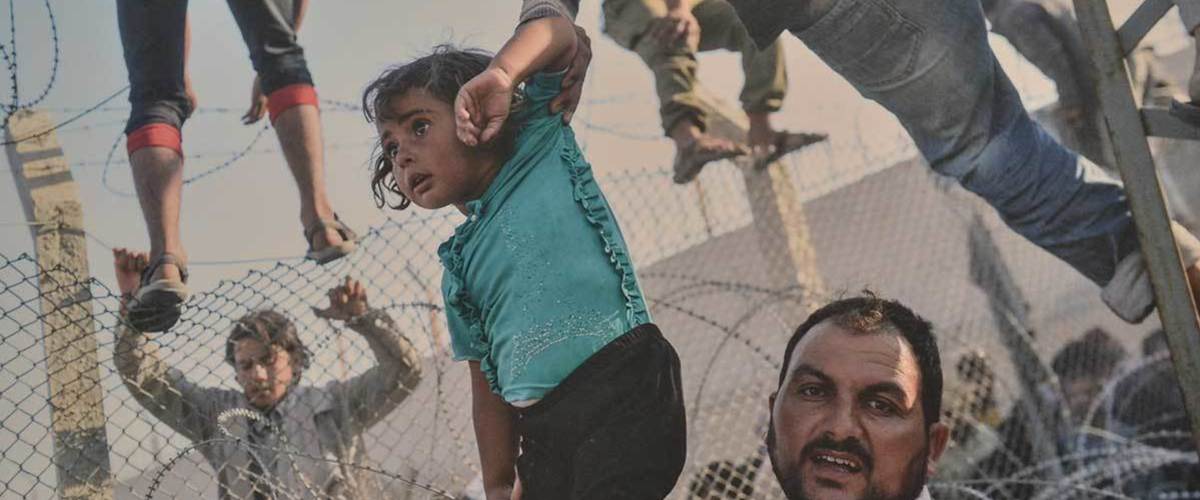Virtual Roundtable: Five Years of Europe’s Refugee Crisis
The year 2015 was called "The Year of Europe's Refugee Crisis" by the UNHCR, the United Nations Refugee Agency.
In the fall of 2015, Europe experienced an unprecedented situation with hundreds of thousands of refugees and migrants fleeing from conflict-torn countries like Syria, Iraq, and Afghanistan. German Chancellor Angela Merkel, expressing solidarity with refugees who were victims of civil war, famously stated: “We can do this.” Germany accepted about a million asylum seekers in the year that followed. UNHCR estimates that by the end of 2016 more than four million other refugees and migrants had fled to Europe.
Five years on, we have witnessed the lack of a unified European response, new forms of nationalism, and obstacles to global solidarity. In his new encyclical, Pope Francis expresses his concerns about Europe’s response to the arriving refugees: “[M]igration is affected by the ‘loss of that sense of responsibility for our brothers and sisters on which every civil society is based’. Europe, for example, seriously risks taking this path.”
What has happened? What might happen? What should happen?
The Nanovic Institute for European Studies at the Keough School of Global Affairs hosts a roundtable to discuss the situation of refugees and migrants five years after fall 2015, which is associated with a so-called “refugee crisis.” The panel seeks to advance understanding of possible paths forward, how the “crisis” unfolded, and what challenges face Europe’s refugee communities, especially during the current COVID-19 pandemic.
Panelists
- Maurizio Albahari, Associate Professor of Anthropology, Keough School of Global Affairs
- Julia Devlin, Executive Director for the Center for Flight and Migration (ZFM), Catholic University of Eichstätt-Ingolstadt
- Petra Hueck, Director, ICMC Europe: International Catholic Migration Commission, Brussels, Belgium
- Andrea Peña-Vasquez, PhD Candidate, political science and Nanovic graduate dissertation fellow, University of Notre Dame
- Moderated by Clemens Sedmak, Professor of Social Ethics and Interim Director, Nanovic Institute for European Studies, Keough School of Global Affairs
(A Zoom link will be emailed to you after registration is complete.)
Biographies
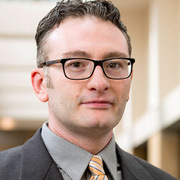
Maurizio Albahari
Associate Professor of Anthropology and Keough School of Global Affairs, University of Notre Dame
Maurizio Albahari is associate professor of anthropology and a concurrent associate professor in the Keough School of Global Affairs. Albahari is a social-cultural anthropologist (Ph.D., U.C. Irvine) who explores the tension between human existence and structures of power. He is the author of Crimes of Peace: Mediterranean Migrations at the World’s Deadliest Border, published by the University of Pennsylvania Press as part of its Series in Human Rights (2015).
Albahari has published extensively on the humanitarian, socio-cultural, legal, and geopolitical components of the ongoing refugee “crisis,” as well as on forms of civic engagement and migrant integration. His current research traces modalities of participatory citizenship and trans-Mediterranean mobilization emerging in the everyday life of maritime spaces, as well as of changing cities in Italy and in the region. It seeks to capture, ethnographically and conceptually, emerging practices of engaged citizenship that might be maritime, urban, and local, but not parochial; coherently political, but not institutionalized; transnational, but not national in the first place.
Albahari’s research has appeared in Anthropology Today, Anthropological Quarterly, Anthropology News, Social Research, InTraformazione, and the Journal on Migration and Human Security. He also has also written for media outlets including History News Network, openDemocracy, Diritti Globali, Mobilizing Ideas, Perspektif, Fox News, and CNN.
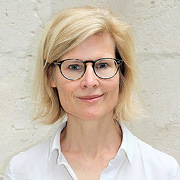
Julia Devlin
Executive Director for the Center for Flight and Migration (ZFM)
Catholic University of Eichstätt-Ingolstadt
Dr. Julia Devlin is a historian with a focus on migration research. She studied the history of Eastern and Southeastern Europe, modern and contemporary history, art history and Slavic studies at the Ludwig-Maximilians-University Munich, the School of Slavonic and East European Studies London and the Moskovskij Linguističeskij Universitet Moskau. She began her academic career as a project manager at the Institute for Eastern European Studies in Munich, where she converted the 100,000-strong archive of the historian Erik Amburger into a database, thus making this unique documentation of migration to the Tsarist empire available on the Internet. Several months of research stays in Moscow, St. Petersburg, London and Leeds for her dissertation project on British migration to the Tsarist Empire followed.
Julia Devlin has taught numerous seminars at the LMU Munich in English and German. At the Catholic University of Eichstätt-Ingolstadt she was involved in the Double Degree Master "Conflict, Memory, Peace". She is an author of Deportation and and Exile. A Polish Odyssey in World War II (2014), the first German-language publication on the subject of deportations from eastern Poland. Her current project is located at the interface between memory studies and history and explores the meaning of the family narrative in exile. She also researches the history of displaced persons after the Second World War.
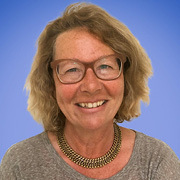
Petra Hueck
Director, ICMC Europe: International Catholic Migration Commission
Brussels, Belgium
Petra Hueck is the Head of ICMC Europe in Brussels, Belgium. Since taking up this role in 2005, Petra has been responsible for developing advocacy, research and program activities in the area of European Union migration and asylum and for representing ICMC within European and international policy-making platforms. She has also co-authored several publications such as Welcome to Europe: a comparative guide to resettlement in Europe and 10 percent of refugees from Syria: Europe’s resettlement and other admission responses in a global perspective.
Prior to joining ICMC, Petra has worked for several years as a Program Manager for the United Nations Development Programme (UNDP) in Latin America and the Caribbean.
Petra holds a degree in International Law from the University of Utrecht, as well as a degree in Social and Cultural Sociology from the University of Leuven.
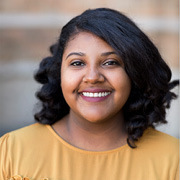
Andrea Peña-Vasquez
PhD Candidate, political science and Nanovic graduate dissertation fellow
University of Notre Dame
Andrea Peña-Vasquez is a PhD Candidate in the Department of Political Science, with a focus on comparative politics, and a Dominica and Frank Annese Dissertation Fellow at the Nanovic Institute for European Studies, both at the University of Notre Dame. She is also affiliated with the Kellogg Institute for International Studies at the University of Notre Dame. Her research interests include transnational migration from Sub-Saharan Africa to Western Europe and the experiences of immigrants with the bureaucratic state. In her dissertation research, she studies how housing policy and the municipal registry system affect the political integration of African immigrants across Spain.
She graduated from the University of Florida in 2015, where she double-majored in Political Science and Sociology and earned her M.A. from the University of Notre Dame in 2017. Andrea is also a Notre Dame Presidential Fellow and her research has been funded by the J. William Fulbright Foundation, the Kellogg Institute for International Studies, and the John J. Reilly Center. Her work has been published in Surveyjournalen and Politics, Groups, and Identities (PGI).
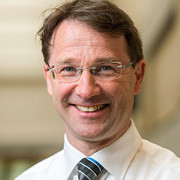
Clemens Sedmak
Professor of Social Ethics and Interim Director, Nanovic Institute for European Studies
Keough School of Global Affairs, University of Notre Dame
Before coming to Notre Dame, Sedmak was the FD Maurice Professor for Moral Theology and Social Theology at King’s College London. He has held multiple positions at the University of Salzburg, serving as Director of the Center for Ethics and Poverty Research and Chair for Epistemology and Philosophy of Religion. Sedmak also was President of the Institute for Advanced Studies in Social Ethics in Salzburg.
Sedmak holds doctoral degrees in philosophy, theology and social theory. Born in Austria, he has studied at the University of Innsbruck, the Swiss Federal Institute of Technology in Zurich (ETH Zurich), Maryknoll (New York) and the University of Linz. He has been a visiting professor at the Jomo Kenyatta University in Nairobi, the Ateneo de Manila University in the Philippines, the University of Jena in Germany, the Vienna Business University, and the Universidad Iberoamericana in Mexico City. He also is a concurrent professor at Notre Dame’s Center for Social Concerns.
Originally published at nanovic.nd.edu.
